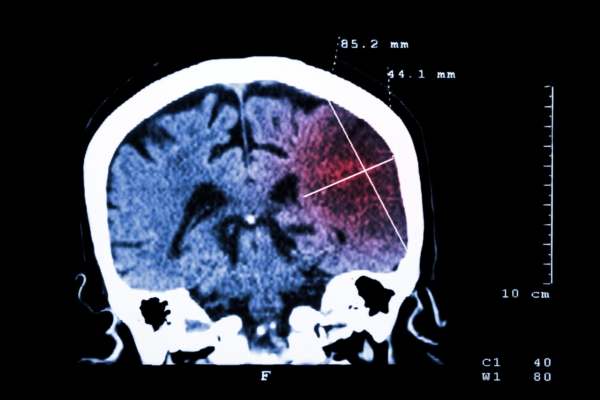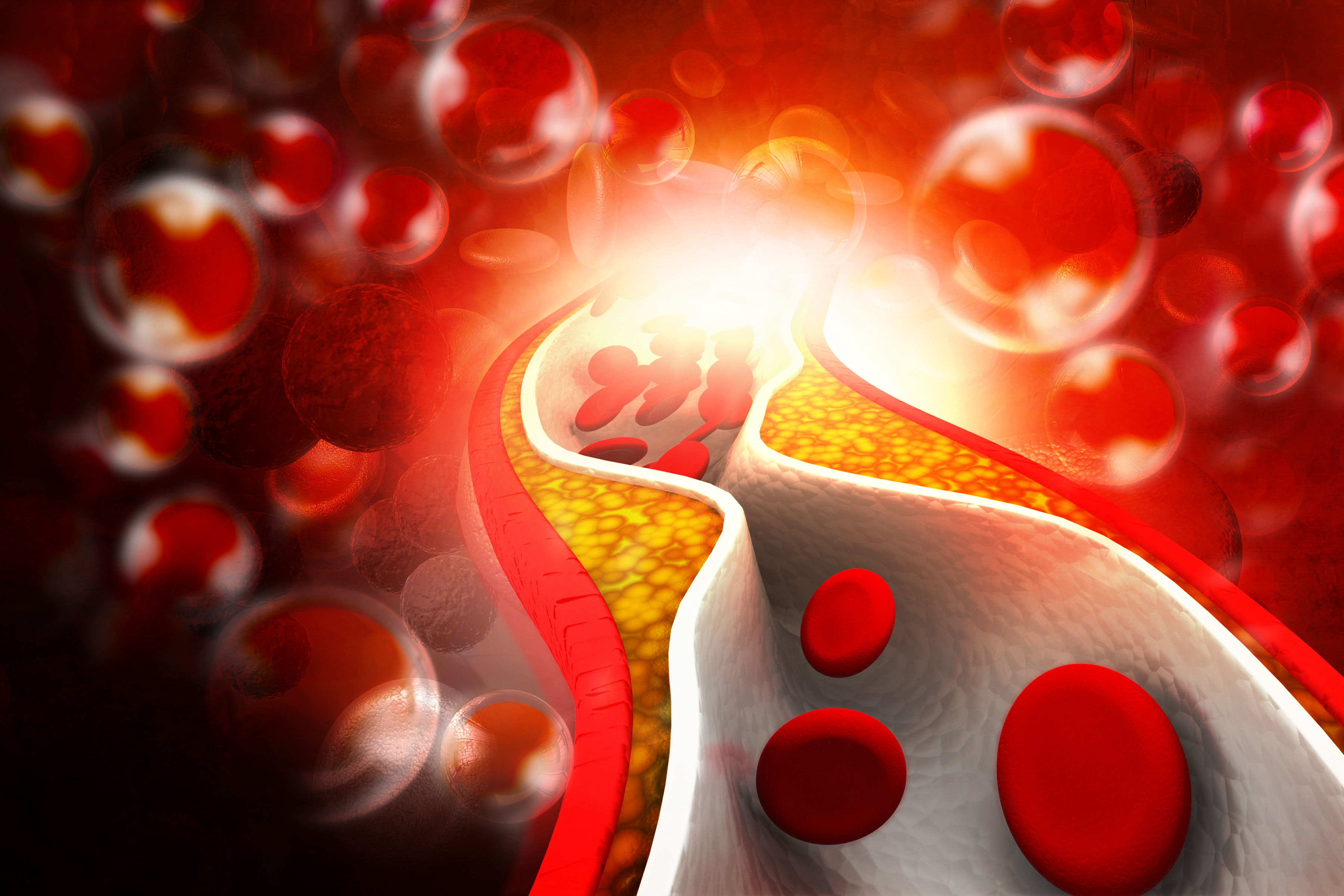Stroke and heart health risk reduced with an optimistic attitude in older adults
The risk of stroke and heart problems is reduced with an optimistic attitude in older adults. The study found that a predominantly pessimistic outlook on life raises one’s risk of death from heart disease. The study involved nearly 3,000 participants tracked for 11 years. The researchers found that the most pessimistic participants were twice as ...click here to read more














